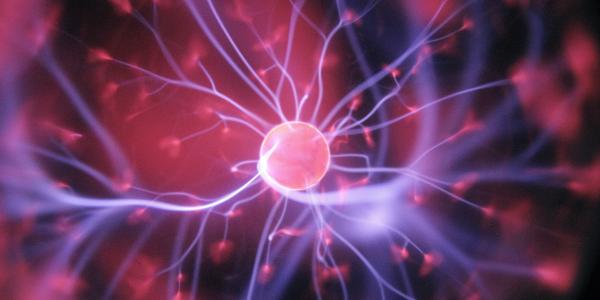Physics Colloquium with Gaia Tavoni on Information Processing in the Brain
Physics provides powerful tools for addressing central questions in neuroscience. I will illustrate this in two examples: the efficient coding of information in a sensory circuit and the reconstruction of the functional connectivity of a decision circuit. In the first example, I will present an application of information theory to understanding the olfactory neural code. My approach is based on the premise that optimal sensory codes strive to maximize the overall entropy (decodability) of neural representations while minimizing neural costs. The trade-off between representation accuracy and costs is virtually controlled by the behavioral salience of inputs. A novel feature of this theory is the incorporation of feedback in the efficient coding framework, which is important to predict how optimal odor representations depend on contextual information present in the environment. In the second example, I will present an application of statistical physics to the study of a neural circuit in the orbitofrontal cortex that is important for economic decision making. In collaboration with the Padoa-Schioppa lab, we use maximum-entropy and non-stationary models to infer the functional connectivity of this circuit from neural activity recordings. We then analyse the reconstructed networks to reach a deeper understanding of how the values of goods are encoded and compared in the brain to generate economic choices.

